New policy aims to reduce hallway congestion, keep campus clean
Sophomore Aloye Oshotse works amidst the bags strewn across the hallway.
March 7, 2018
As Isabel Ballard walks through the school, giving prospective families a view into student life, she warns visitors to be cautious of misplaced bags lining the hallways.
“When I walk through the locker area where everyone keeps their sports bags, it’s usually cluttered there,” Ballard said. “I usually make a point of mentioning the honor code, and I talk about how kids feel fine leaving their stuff everywhere because it’s not going to be stolen.”
Although Ballard, the Associate Director of Admissions Marketing, is able to find a positive takeaway from the situation, she says it can be difficult to give tours in the crowded hallways, especially when students sit on the ground with their legs stretched out.
“Walking through the hallways, kids are sitting with their legs out, and they don’t always move,” Ballard said. “That can be frustrating because it’s kind of rude.”
On Feb. 23, Dean of Students Bailey Duncan sent an email to Upper Schoolers outlining a new policy to help “keep our beautiful campus clean.” Duncan and other administrators decided to do so after noticing that the hallways were consistently cluttered, noisy and littered with trash and personal belongings. These guidelines include no eating in the hallways, no sitting on the floors and utilizing the cubbies to store backpacks instead on putting them on the ground.
“It started with us looking at all the trash,” Duncan said. “And then we started walking around and seeing just how congested it can be if students are sitting on the floor.”
The backpacks and sitting students, coupled with the typical hallway traffic, can make it challenging for people to easily pass through them.
“If we want to be inclusive and we have people using a wheelchair or a powerchair and they cannot get down the hall because of congestion, that’s an issue,” Duncan said.
With the number of students, there is not enough room for everyone to keep their backpacks in the cubbies, so the administration is looking into expanding storage to give students more room to store their backpacks and athletic bags. For now, athletic bags that do not fit in the bins will be moved to the conference room in the administration office.
“We haven’t given out any discipline consequences. We don’t want students to be fearful about sitting in the wrong place or putting their bags in the wrong place,” Duncan said. “If their bags are in a place where they simply won’t fit in the bin, we are just storing them in our conference room — it’s just the fact that they didn’t fit anywhere else.”
Many have noticed that the hallways feel less congested and crammed. Duncan hopes the effects of his email continue.
“We do hope it’s long-term,” Duncan said. “We hope it’s not an idea of students not sitting there based on fear. We’re hoping they sit in the correct places or put their bags in the correct places as a sign of respect.”
The responses from students have not all been positive. Some students are especially opposed to the policy stating that they cannot sit on the floor during their free periods. SAC realizes that there have been negative reactions to the new rules and is discussing these sentiments with the administration. On March 7, SAC emailed students a survey to gauge their opinions regarding the new rules and possible solutions. Despite some negative feedback, many students acknowledge that there is an issue with the campus’ cleanliness.
“St. John’s students are fortunate enough to have access to a wide variety of resources,” sophomore Pranav Konduri said. “However, when we neglect those resources, we are not only wasting money, but we are also losing the trust of the administration.”



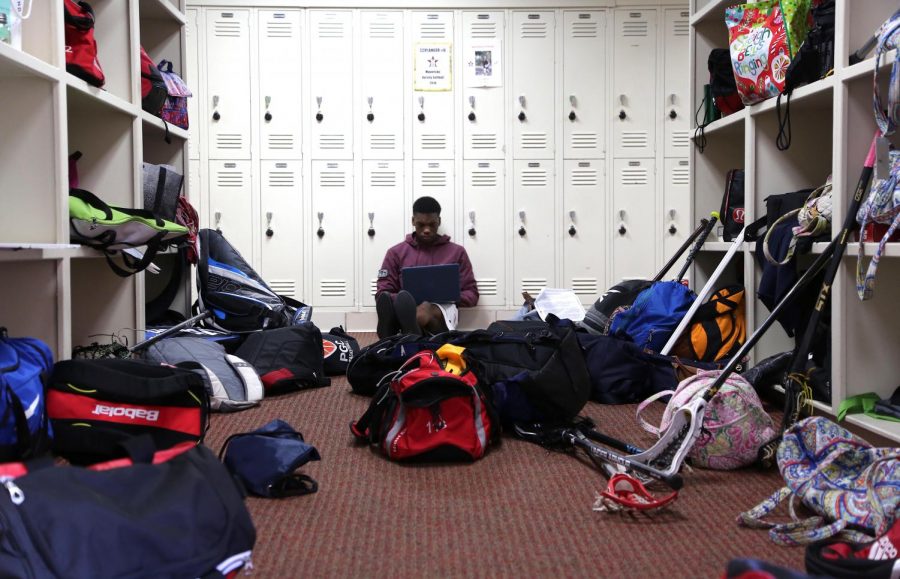
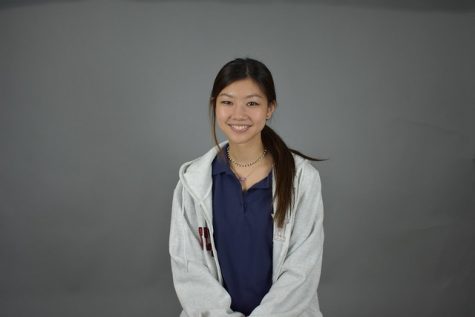
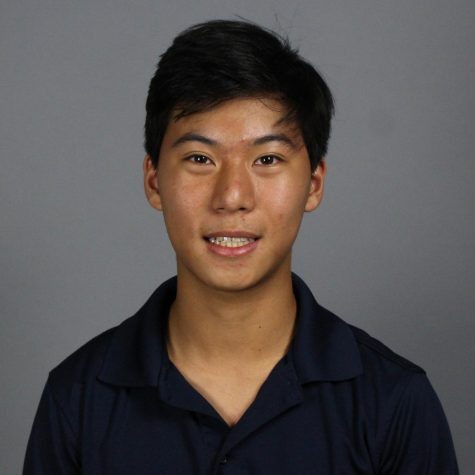




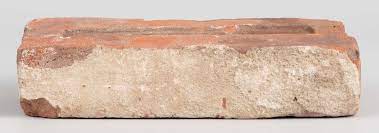




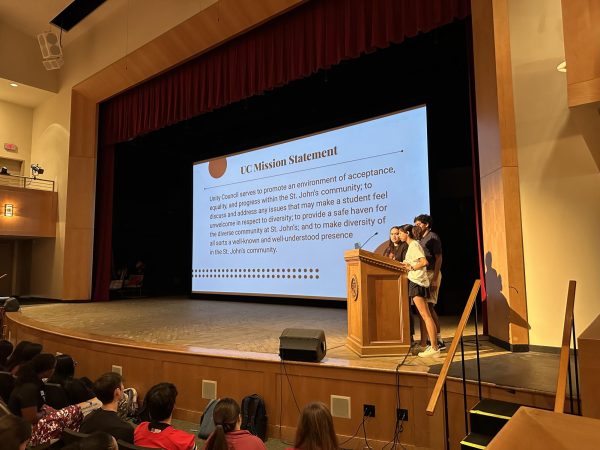

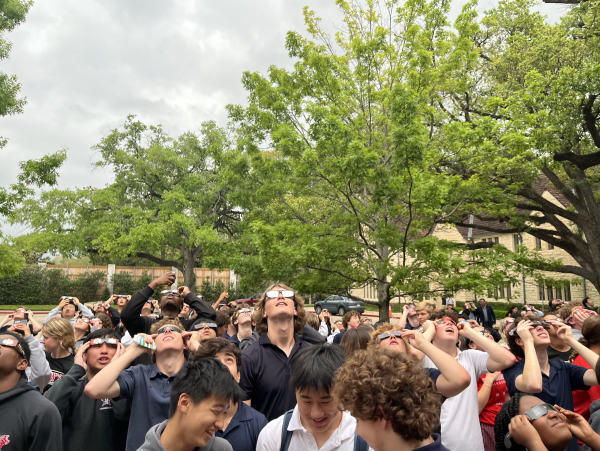



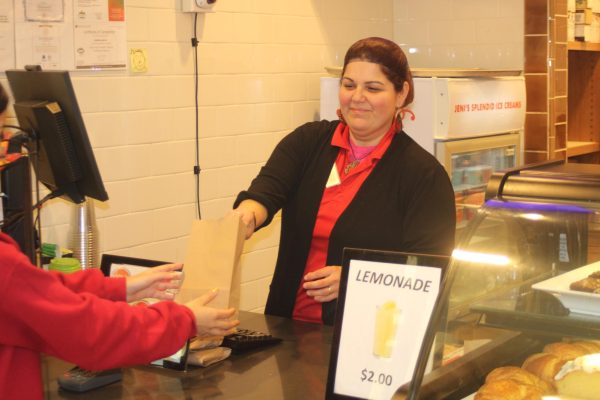
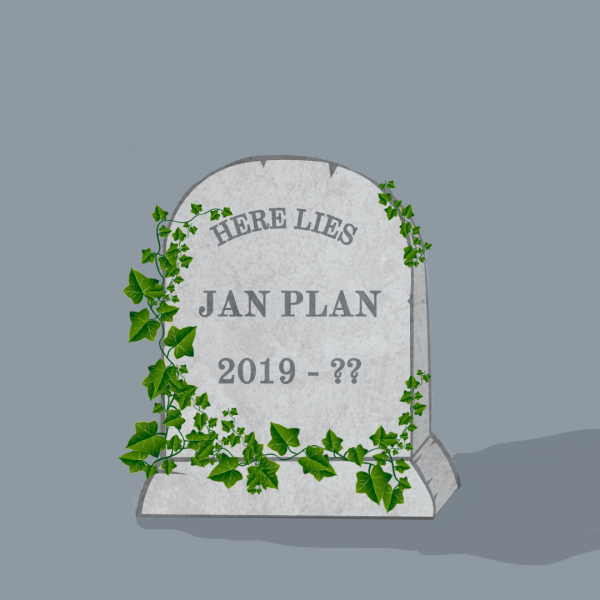




Jack • Mar 7, 2018 at 9:53 PM
In my opinion, the hallway rules are good to serve as a warning reminding upper schoolers to be more conscious of their surroundings and etiquette. However, suggesting that these rules will be permanent will create difficulty for all grades, especially as the library undergoes repairs after spring break. Where can people sit? The Great Hall can only accommodate so many people. Also, I understand the need for no backpacks in the hallways, but if students become more responsible and move when someone is walking through, why can they not sit in the hallway?